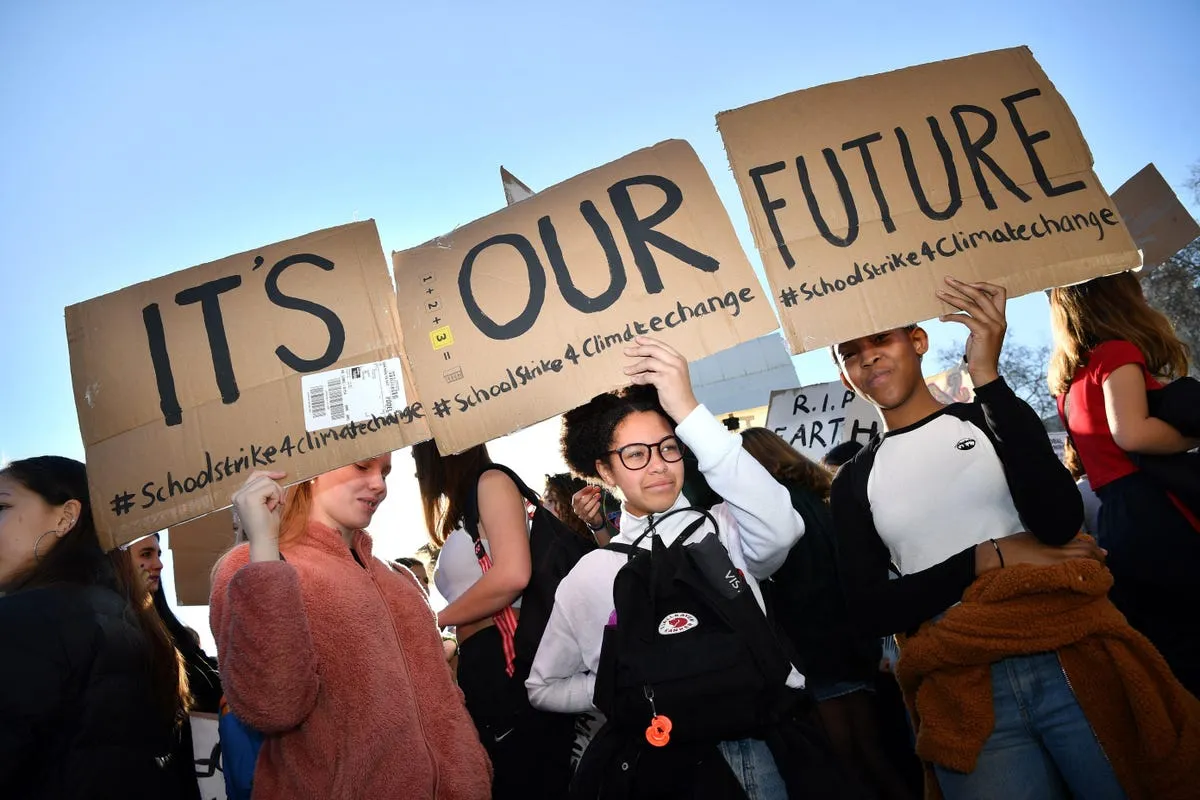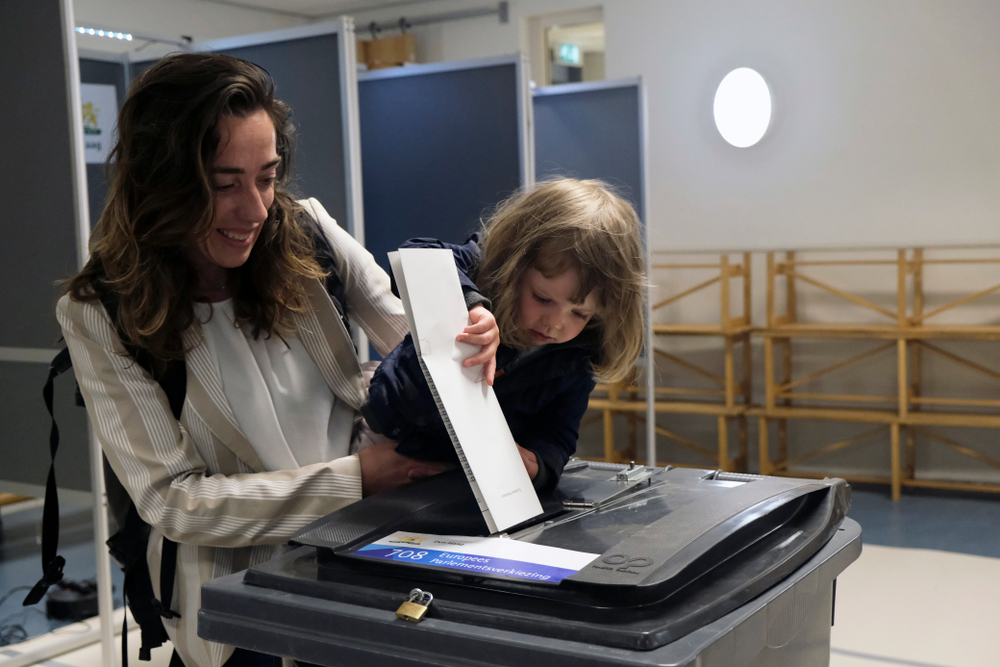The Eight Themes Of Global Change
The Potential Role Of Philanthropy In An Age Of Disorder
A report by Deutsche Bank titled ‘The Age of Disorder’ predicts that 2020 marked the end of the second era of globalisation, with significant new challenges facing the world in the years toward 2030.
“Our conception of economic progress needs to extend beyond individual, material prosperity to include indicators of social wellbeing, cohesion and empowerment, and the environmental boundaries of human activity”, says Michael Jacobs, a contributor to the report and a fellow at the Sheffield Political Economy Research Institute.
Is it a commentary that is pertinent for UHNWIs and Family Offices, some of whom are joining in coordinated advocacy for positive change in recognition of the significant social obligations that come with being a wealth holder.
In this post we will briefly summarise what two of the trends could mean for the global philanthropic landscape.

The eight themes of global change
The Deutsche Bank report predicts that there will be at least eight major themes to mark the years ahead:
1. Deteriorating US-China relations and the reversal of unfettered globalisation.
2. A make-or-break decade for Europe, with muddle-through less likely following the economic shock of Covid-19.
3. Even higher debt and Modern Monetary Theory (”helicopter money”) policy becoming mainstream.
4. Inflation or deflation that will not re-calibrate as easily as has been the case over the past few decades.
5. Inequality worsening before a backlash and reversal takes place.
6. The intergenerational divide also widening before Millennials (i.e. aged 24 to 39) and other younger voters are in numbers sufficient to win elections and, in turn, reverse decades of policy.
7. Linked to the above, the climate debate will build, with more voters sympathetic and thus creating disorder to the current world order.
8. A continuation of the technology revolution already underway with “astonishing” equity valuations reflecting expectations for a serious disruption to the status quo.
Inequality worsening before a backlash takes place
There is no doubt that COVID pandemic worsened and hastened global inequality and has led to a reset in expectations that those who can will give more to those in need. Yet reports suggest that giving by the world’s 1% has fallen in the post-pandemic world, even as their wealth increased.
Given the trends identified in the Deutsche Bank report, it is highly unlikely that the global economy is going to rebound back in to the kind of growth that would be needed to recover the lost economic value of the pandemic years. And even if it did, inter-county inequalities would diminish its impact in the communities that are most in need.
Plugging this gap is a significant undertaking, but undoubtedly philanthropy and philanthropists could play a role.
The ‘cash and time’ global value of philanthropy is approximately US $2.3 trillion according to Citi, equivalent to nearly 3% of GDP. Yet in reality the economic multiplier effect of this spending could represent as much as 10% of global GDP.
That is significant and should not be overlooked.
And if one accepts the premise that philanthropists could play some role in reversing growing inequality, then one can also look toward some positive trends that are emerging within the philanthropy realm itself.
By 2035 women will inherit 70% of inter-generational wealth transfer. Women are more likely than men to support equality and to generously fund philanthropic projects across multiple sectors without restrictions. Given that many philanthropic projects target the health, gender and social problems that underlie many inequalities, the impact could be big.
And reversing the inequality gap need not be left entirely to the 1%. By 2030 2.4 billion people will enter the world’s middle class and global spending will double to nearly $64 trillion. If just 0.5% of this as accrued into philanthropy it could mean an additional $319 billion per year for inequality-busting philanthropic projects.
If one accepts the notion that philanthropic activities could play some meaningful role in reversing inequalities, then corporations can also play a far greater role. Citi reports that 67% of ‘philanthropic’ cash donated comes from individuals, whilst 28% comes from Foundations. Only 5% comes from corporations.
Of course many corporations route their giving through their own charitable foundations, and of course (again) many individual philanthropists first accumulate and then extract the wealth that they give away from their corporations. But instinctively, 5% still feels like a low figure, which leaves an opportunity for a significant increase.
Younger voters reversing decades of policy
The Deutsche Bank report identifies six economic epochs that have taken place since 1860, the most recent being the “second era of globalisation” between 1980 and 2020. Consecutively they have been the foundation of a significant improvement in human life, albeit not without many inequalities that one would be tempted to label as ‘short term’ were they not so pervasive and persistent even in the modern world.
The temptation then is to look at the timeline of a century and assume that the relative stability of the status quo that has characterised large swathes of the world — and certainly the Western world — since 1945, is a good thing. But that view is far from sound when status quo policies mean that baby boomers are today ten times more wealthy than Millennials.
So there is certainly an inevitable logic in the Deutsche Bank prediction that as the Millennials and the generation of younger people who follow them graduate into becoming a larger cohort of voters than the baby boomers, they will start to vote against the status quo policies in favour of policies of wealth distribution and state intervention on inequality.

A global reset in expectations
What this means for philanthropists today is beyond the scope of this blog post. Wealth creation may diminish in the esteem of voters. The view that it is the job of the state, not altruistic individuals and institutions, to tax and then allocate wealth to the places that it is most needed, will likely become more entrenched.
What is certain is how important is will become for individuals and institutions to justify their wealth creation by getting deeply engaged in philanthropic and social impact projects and ‘proving’ the benefit that they confer into society and unto the world. Because a global reset in expectations will likely only grow and gather in pace.


